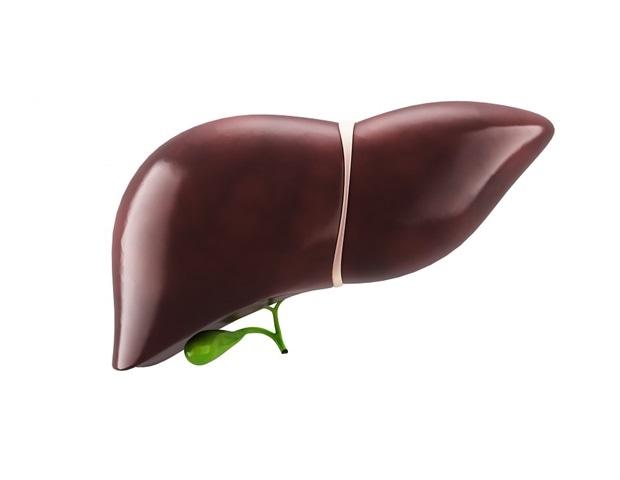
Metabolic dysfunction-associated steatotic liver illness (MASLD) — beforehand generally known as «non-alcoholic fatty liver illness» — impacts about 25% of the worldwide inhabitants. Its extreme kind, metabolic dysfunction-associated steatohepatitis (MASH), can result in liver fibrosis and even liver failure. With just one authorized remedy presently accessible, discovering options for MASLD and MASH is essential.
MASLD and MASH are carefully associated to weight problems, poor food regimen, and lack of train. These situations result in fats accumulation within the liver, which may trigger irritation and scarring. Over time, this may progress to fibrosis and cirrhosis, leading to extreme liver harm. Regardless of their prevalence, there are restricted therapeutic choices accessible for folks affected by MASLD and MASH.
One other drawback is the diminished ranges of a molecule known as NAD+ (nicotinamide adenine dinucleotide), which performs a key position in lots of mobile processes, together with vitality manufacturing, DNA restore, and irritation management. In MASLD/MASH, NAD+ ranges drop, and this contributes to liver harm and illness development. Restoring NAD+ ranges may probably cease and even reverse this harm – the query is, how?
A workforce of scientists led by Johan Auwerx at EPFL has now proven that inhibiting an enzyme known as ACMSD might be the reply. ACMSD (α-amino-β-carboxymuconate-ε-semialdehyde decarboxylase) is principally discovered within the liver and kidneys and is concerned in breaking down the amino acid tryptophan and limiting the manufacturing of NAD+. By blocking ACMSD, the researchers discovered they may improve NAD+ ranges within the liver, which in flip diminished irritation, DNA harm, and fibrosis in mouse fashions of MASLD/MASH.
The researchers used a number of fashions, together with rodent liver cells and human liver organoids—lab-grown mini-livers. In addition they fed mice a Western-style food regimen excessive in fats to imitate the situations that trigger MASLD/MASH in people. As soon as the illness had developed within the mice, they gave them an ACMSD inhibitor known as TLC-065 and measured its results on liver operate and NAD+ ranges within the mouse liver in addition to its results on human liver organoids.
The outcomes have been promising: Inhibiting ACMSD considerably boosted NAD+ ranges, notably within the liver, the place ACMSD performs a essential position in vitality metabolism and protects towards DNA harm. This improve in NAD+ diminished irritation, and reversed fibrosis and DNA harm within the livers of the handled mice. In the meantime, additionally they discovered that inhibiting ACMSD in human liver organoids additionally reduces markers of DNA harm.
The findings point out that blocking ACMSD might be a possible new remedy for MASLD and MASH. Boosting NAD+ manufacturing within the liver may shield towards the extreme harm brought on by these illnesses, lowering the probability of development to cirrhosis. This strategy additionally highlights the significance of metabolic pathways in liver illness and affords with ACMSD, a brand new goal for drug growth.
Different contributors
- Cincinnati Youngsters’s Hospital Medical Middle (CCHMC)
- Amsterdam UMC
- College of Lausanne
- OrsoBio, Inc
- Osaka College
Funding
- EPFL
- European Analysis Council
- Swiss Nationwide Science Basis (SNSF)
- Sinergia
- Nationwide Analysis Basis of Korea (NRF)
- European Molecular Biology Group (EMBO)
- BrightFocus
- European Union’s Horizon Europe analysis and innovation Programme
- MSCA-Doctoral Networks
- Nationwide Institutes of Well being
Supply:
Journal reference:
Liu, Y. J., et al. (2024). ACMSD inhibition corrects fibrosis, irritation, and DNA harm in MASLD/MASH. Journal of Hepatology. doi.org/10.1016/j.jhep.2024.08.009.

